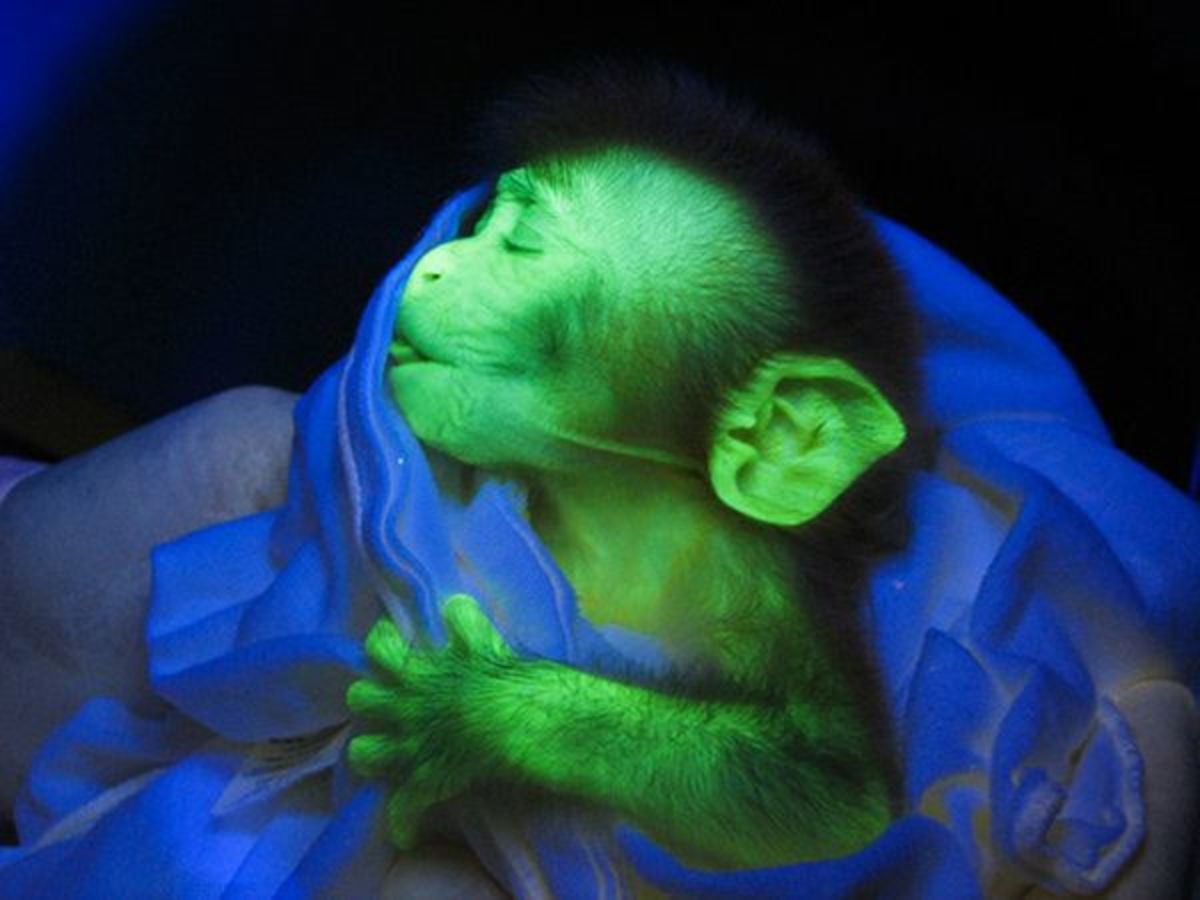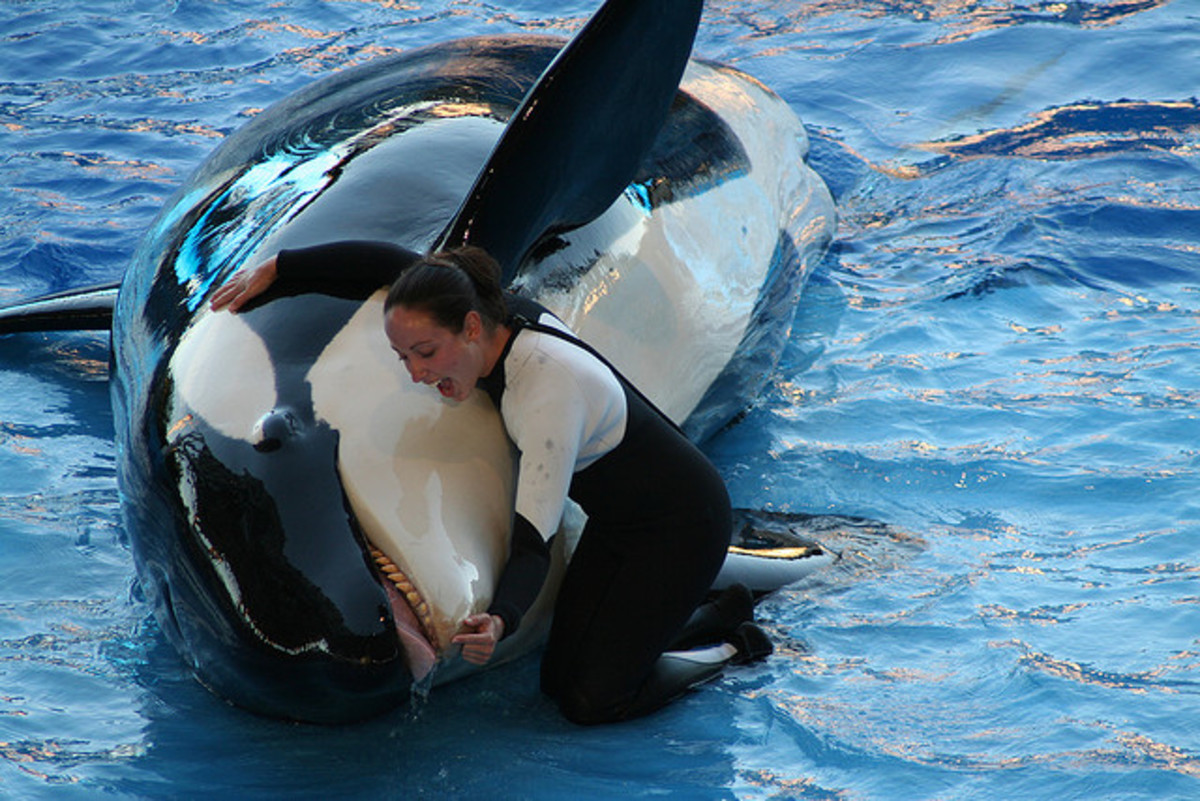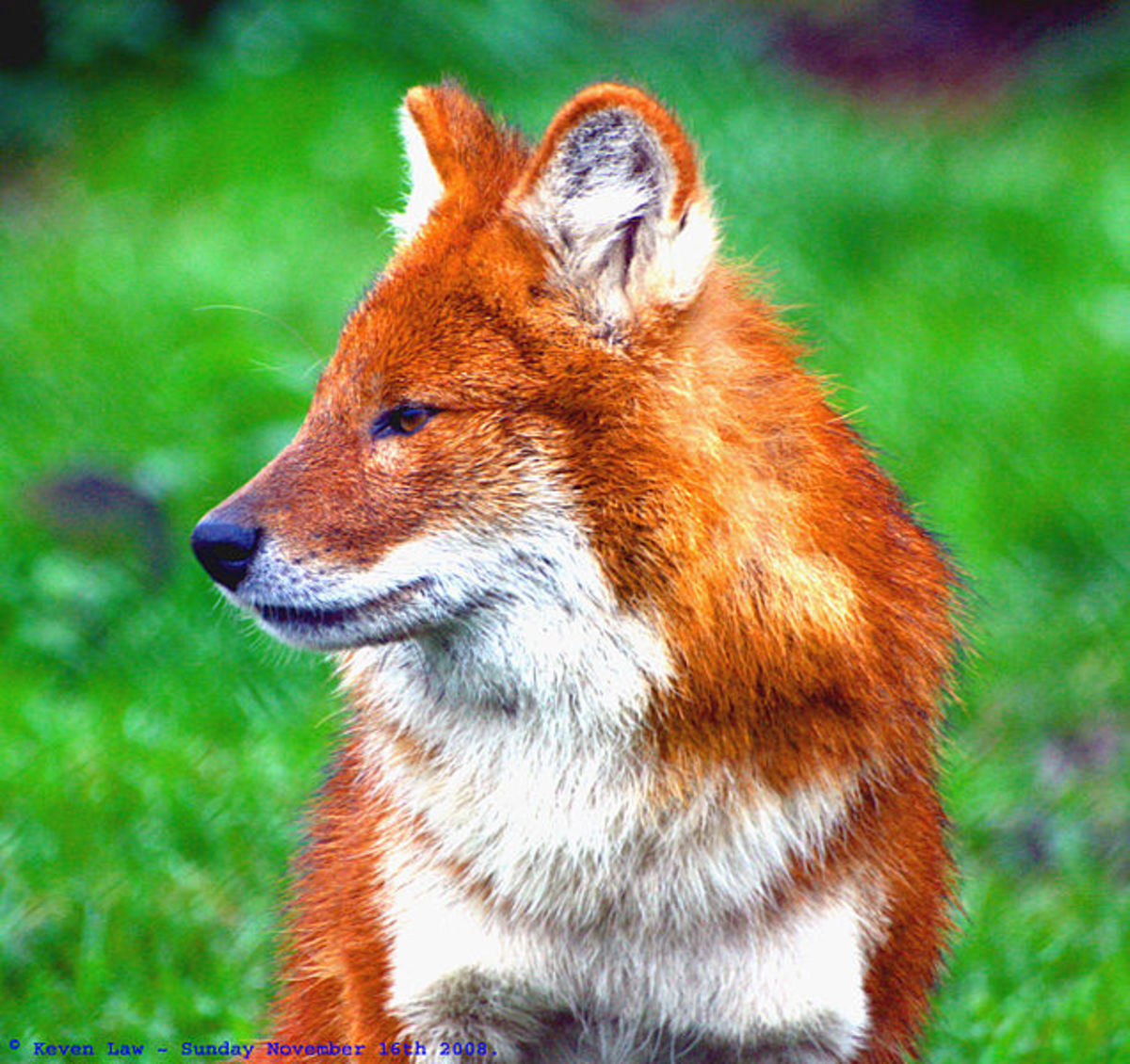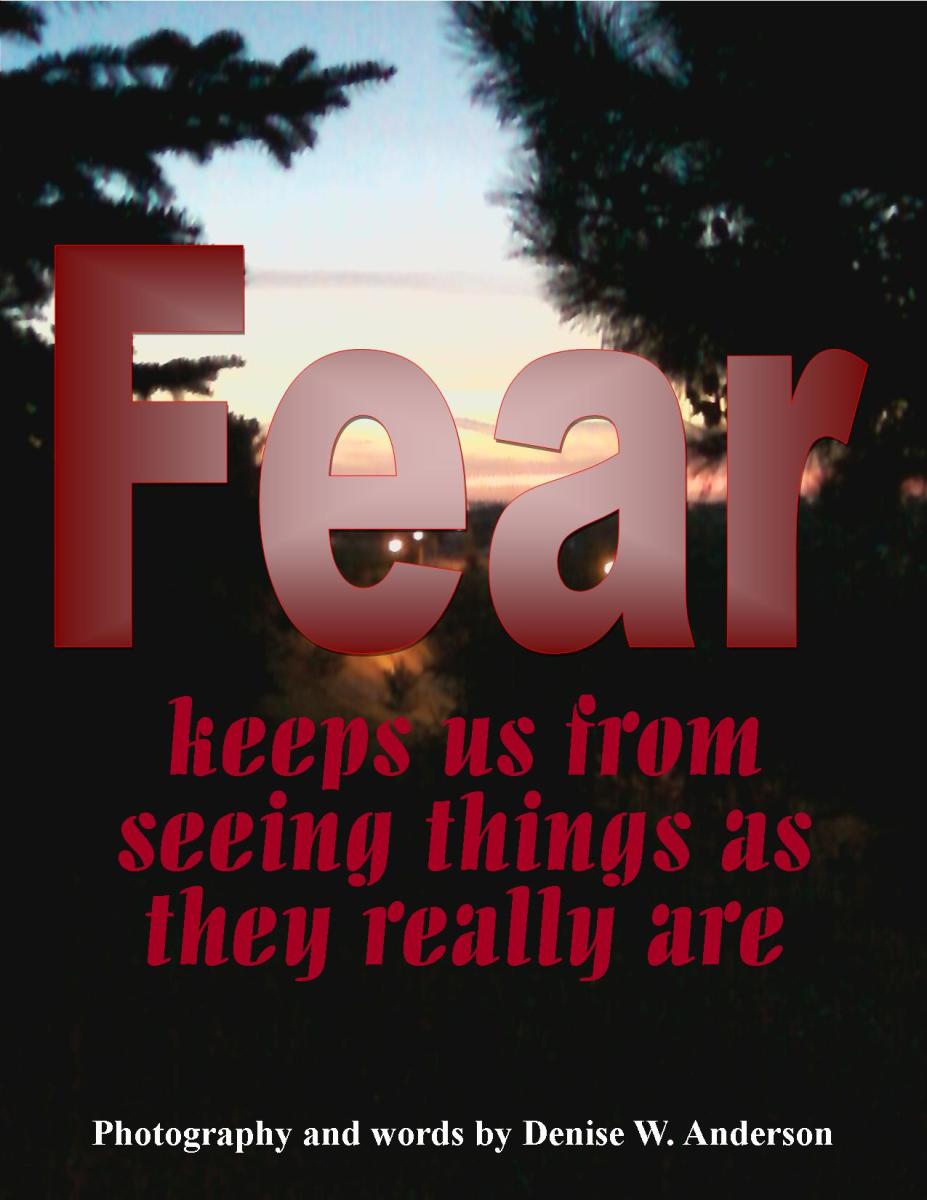Emotions and Behaviors--Animals and Humans
Back to Our Beginnings
When we go to the animal shelter to look for a family dog, what is it that we look for in a dog, that make us pick a particular dog?
Chances are that we look for an animal that is friendly, will approach us right away, maybe a tail wagger. They say that it is the dog who is afraid that is most likely to lash out and bite us. If we see a dog that is sitting off in a corner by himself, is this one that we would check out as a companion for our children? More than likely not.
People have not lost those very same behaviors as man's best friend. A lot of times not only ourselves, but our children pick friends because of feelings of pity for someone, because they are down on their luck, or because they ask you for a favor. In helping this person, you get to know them, and before you know it, you have a friend.
Humans are not so far from our animal roots that various comparisons cannot be made. For example, if a person is feeling down or depressed, and just sitting around, the dog counterpart would be the dog that sulks in a corner and sleeps, or if a human is upset about something they might not eat, and the dog who has change homes, or is missing his master will also quit eating.
Science has been telling us for some time that animals do not feel emotions, yet, I believe fear, depression, happiness, can all be expressed by animals too. Just because animals do not have the physical parts to cry, does not mean that they are incapable of feeling sadness.
I have a cat, and I have no problem whatever telling when she is mad at me, for her tail goes wildly and she will not allow me to touch her. I know when she is upset about her food, by a simple look as she gets up and walks away, or that she is afraid of water by the awful noise she makes out of her usual calm and quiet meows. Does this not exhibit emotion?
People exibit some of the exact same behaviors when feeling the same emotions. For example if someone is mad, they may yell and swing their arms, or if afraid they may also scream out and struggle, much as my cat who is afraid of water.
I guess, besides trying to prove that animals indeed feel emotions, I am trying to show you that we are not that different from our furry friends. Other than the facts that we have a language (animals do, but we are too dumb to understand them), and that we are more clever about how we have learned to do things, again largely because of centuries of having a thumb, we still feel a lot of the very same things that they do. I have heard people say that certain animals do not feel pain. I would imagine that they know this because they were a small fish in their last life. All kidding aside, be certain that we are not that far apart when it comes to behaviors, learning, and emotions from our animal friends.
Well Adjusted Animals a Must With Kids
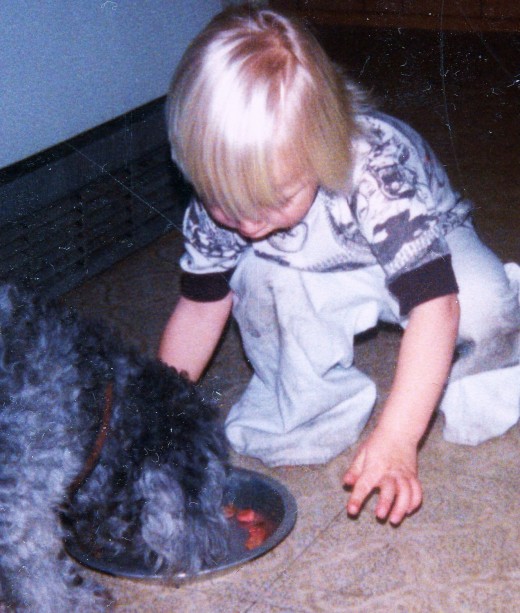
Emotions Without Language
My cat has emotions, and here is how I know. He recently hurt his foot when he managed to get outside. He came back walking on only three legs. He cried, he climbed up in our laps and tried to tell us he was hurt. He stopped playing, so I know he was not happy. He also stopped eating. There was no doubt in my mind that he felt badly, and his body language spoke volumes to me.
I guess, besides trying to prove that animals indeed feel emotions. I am trying to show you that we are not that different from our furry friends. Other than the facts that we have a language (animals do, but we are too dumb to understand them), and that we are more clever about how we have learned to do things, again largely because of centuries of having a thumb, we still feel a lot of the very same things that they do. I have heard people say that certain animals do not feel pain. I would imagine that they know this because they were a small fish in their last life. All kidding aside, be certain that we are not that far apart when it comes to behaviors, learning, and emotions from our animal friends.


